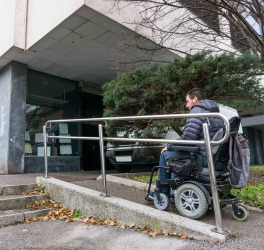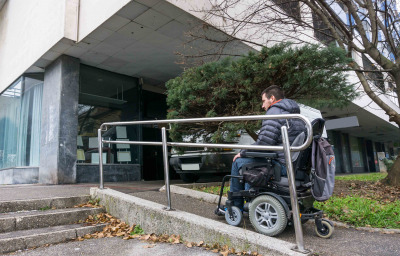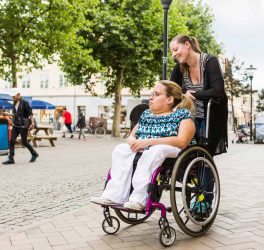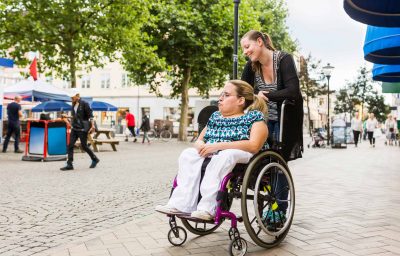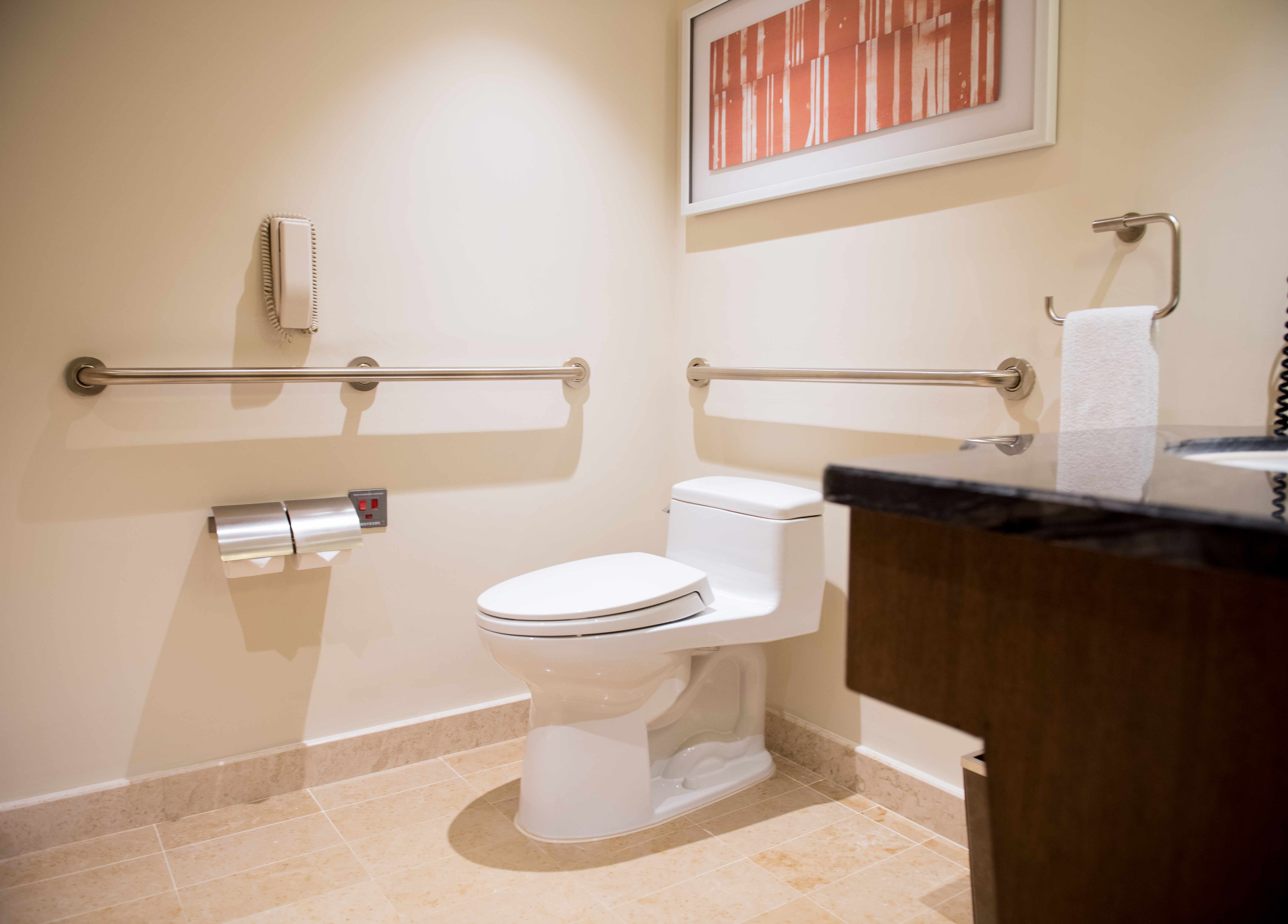
Persons with severe disabilities will have greater access to public places after the government moved to make Large accessible toilets, known as Changing Places, compulsory in new buildings in England from 2021.
A major change to building rules in England will require thousands of large (12m2) and well-equipped accessible toilet facilities to be designed and built into new public buildings, with equipment such as hoists, curtains, adult-sized changing benches and space for carers.
The government estimates it will add the toilets to more than 150 new buildings a year. A £30 million fund to install Changing Places in existing buildings will open in the next few months.
Shopping centres, supermarkets, cinemas, stadia and arts venues are just some of the buildings that will be required to include at least one Changing Places toilet.
“For too long, the lack of Changing Places toilets has meant that severely disabled people have faced severe difficulties in attending public places. Changing Places toilets give disabled people and their carers the space and equipment they need to have the confidence to leave their homes and go out.” said Building Accessibility Minister Lord Greenhalgh
There are more than 1,400 Changing Places toilets in the UK, up from just 140 in 2007, but more are needed to support more than a quarter of a million people who need them in the UK.
In the absence of Changing Places facilities, disabled people and/or carers face:
- limiting what they drink to avoid needing the toilet when they are out – risking dehydration and urinary tract infections
- sitting in soiled clothing or dirty nappies until a suitable toilet is found or they return home
- having to change a loved one on a dirty toilet floor
- manually lifting someone out of their wheelchair – risking safety
- reducing their time out of the house – restricting their social lives
The government remains steadfast on a commitment made by the Chancellor in the Budget on 11 March 2020 that the changes are expected to take effect early next year.

